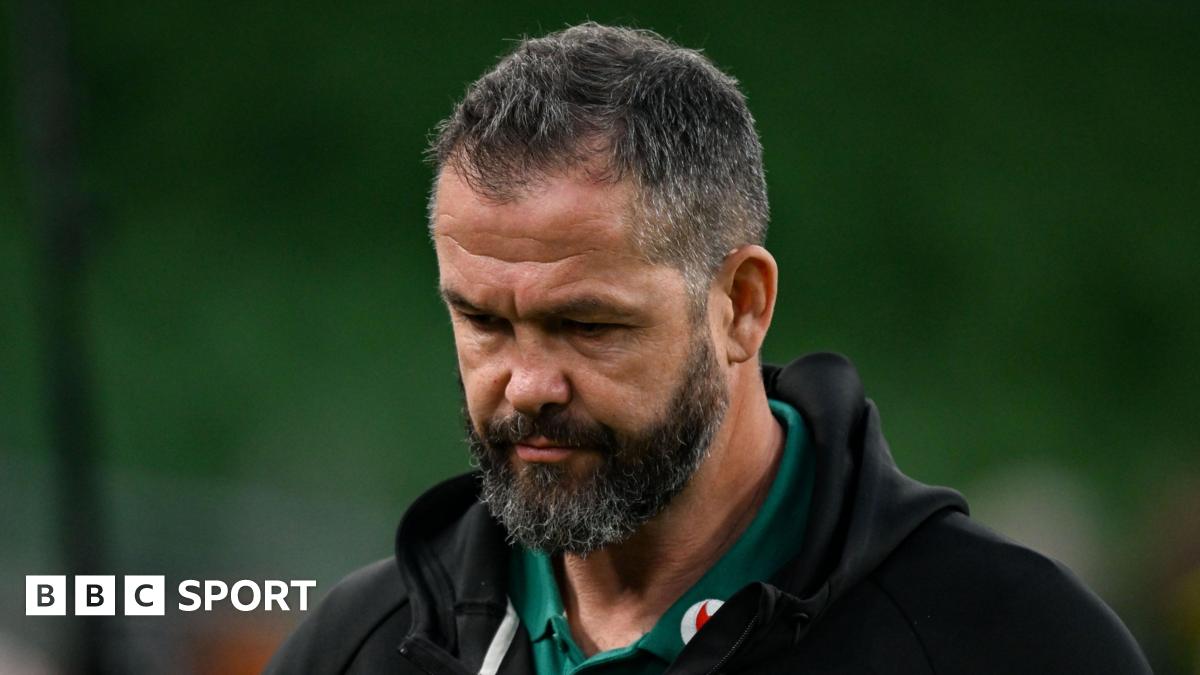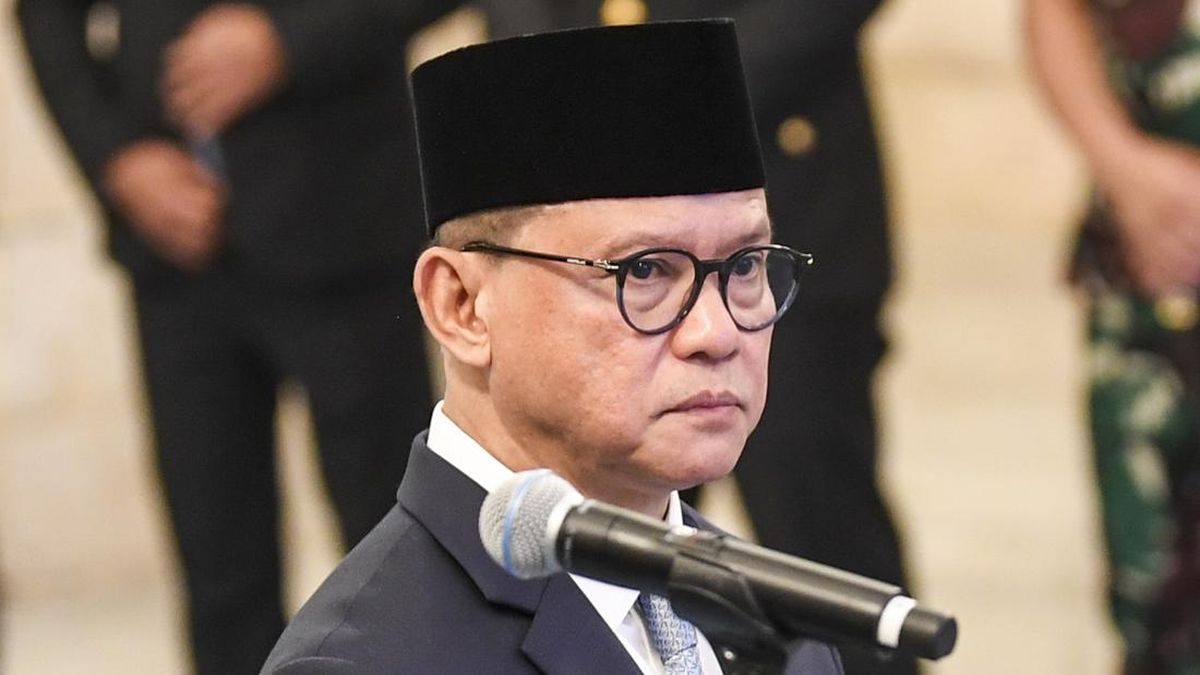NBN Co has snubbed Elon Musk’s Starlink to sign an agreement with Amazon, the US tech giant founded by fellow tech billionaire Jeff Bezos, in a deal to provide high-speed broadband to hundreds of thousands of Australian users from next year.
Amazon’s Project Kuiper will offer city-quality broadband to about 300,000 rural and regional Australian premises from the middle of 2026 via a low Earth orbit (LEO) constellation of more than 3000 satellites.

Joe Lathan, country head of Amazon’s Project Kuiper, and Lisa Scalpone, head of worldwide consumer for Amazon Project Kuiper, at the announcement of the deal.Credit: Max Mason-Hubers
The deal promises high-quality broadband for rural and regional Australia, and means NBN Co will phase out its current ageing Sky Muster satellites by the early 2030s. Sky Muster had been providing broadband across remote areas of Australia but had been criticised by users for offering inferior speeds to traditional fixed-line broadband and newer rival satellite options such as Musk’s Starlink.
“Today we can announce that NBN has reached agreement with Amazon’s Project Kuiper to deliver city-quality broadband to remote Australia,” Communications Minister Anika Wells said on Tuesday.
“The agreement will deliver high-speed broadband to regional, rural and remote Australia via low Earth orbit satellites, meaning Australians living anywhere will be better off, whether that is working from home, managing a regional business, accessing telehealth, video-conferencing or online learning.”
Loading
NBN Co chief executive Ellie Sweeney said the government-owned company had carried out a rigorous selection process before deciding to partner with Amazon. Starlink, co-founded by Musk in 2019, has racked up more than 200,000 customers Australia-wide to date. Last week it suffered a global network outage that lasted for more than two hours.
“We’re the default provider, so it’s incumbent on us to be able to provide broadband access across Australia,” Sweeney said. “We went through a pretty rigorous and a pretty compelling RFI [request for information] and RFP [request for proposal] process to provide wholesale broadband access via low Earth orbit.

NBN Co CEO Ellie Sweeney at an announcement of a satellite deal with Amazon’s Project Kuiper, at the NBN headquarters in North Sydney on Monday.Credit: Max Mason-Hubers
“We determined that Amazon was the best partner for us to deliver that.
“We are so proud of what Sky Muster has delivered for remote Australia over the last decade, and it’s now time to evolve.”
Loading
The executive would not be drawn on the financial terms of the Amazon partnership but said additional taxpayer funding would not be necessary. She also said the deal was “not exclusive” to Amazon.
“The actual contract is commercial-in-confidence, but in terms of the Australian taxpayer, NBN is funding this initiative. It’s funded by NBN, it is not funded by a taxpayer injection.”
Amazon’s country manager for Project Kuiper, Joe Lathan, said that to date, Amazon had invested $15 billion into its satellite network. He said that while plan pricing had yet to be determined, affordability would be key a focus.
Telecommunications analyst Paul Budde said he had reservations around Australia relying on a US-based firm for its rural communications but that there was no realistic alternative.

Elon Musk’s Starlink has racked up more than 200,000 customers Australia-wide to date.Credit: AP
“I mean, we can’t use the Chinese or the Russians,” Budde said. “Amazon is a relatively new player in the market, they’ve been talking about [satellites] for a decade but now they’re finally launching. Amazon was quite keen to get some customers so I’d say they might have been able to do a good deal. Starlink is better established, but they’ve been more unstable with Elon Musk at the helm.
“I’m glad from that perspective that NBN Co has chosen Amazon rather than Starlink, and it helps create better competition in the market, which is always better than just having one monopolist like Starlink.”
NBN Co will now begin a consultation process with stakeholders, including telcos and members of the community, to determine what broadband plans will be available and how they’ll be priced. Customers using Sky Muster services will also need to be transitioned to Amazon’s LEO satellites.
Carol Bennett, chief executive of consumer group ACCAN, called on the federal government to establish a ministerial roundtable to engage with rural Australians.
“Regional, rural and remote communities are no strangers to transitioning to new technologies, having most recently been impacted by the 3G switch-off, and historically transitioned from NBN’s initial interim-satellite solution to Sky Muster, but we need to learn from the challenges of these transitions,” she said.
“The announcement today represents a significant step forward in delivering faster, more reliable, and most importantly, more affordable satellite broadband to Australian consumers.”
Most Viewed in Technology
Loading


















































